Ice baths have become incredibly popular in recent years. More and more people are voluntarily diving into icy water to improve their health—from athletes to office workers. But why on earth would you want to take such a cold bath? In this blog post, we delve deeper into the science behind ice baths. You'll learn how your body reacts to extreme cold and which physiological processes contribute to the many benefits an ice bath can offer to both body and mind. Get ready for a refreshing dive into the world of cold therapy!
What happens to your body in an ice bath?
Stepping into an ice-cold bath sends a sharp shock through your body. Your blood vessels constrict almost immediately—a phenomenon called vasoconstriction . This constriction temporarily reduces blood flow to your extremities; your body uses this to protect your vital organs at the core of your body from the cold. As soon as you step out of the ice bath and warm up again, the opposite happens. Your blood vessels dilate again ( vasodilation ), allowing a fresh stream of oxygen-rich and nutrient-rich blood back into your muscles. This pumping action of contracting and reopening stimulates blood circulation and flushes away all sorts of waste products more quickly. Think, for example, of accumulated lactic acid in tired muscles, which is thus removed more quickly. The result? Less swelling, less muscle soreness, and faster recovery from tissue damage.
But there's more. The sudden cold activates your sympathetic nervous system —the part of your nervous system that kicks in during a fight-or-flight response. Your heart rate increases and you breathe faster. This is completely normal; it's your body adapting to the acute stress of the cold. Interestingly, this results in a paradoxical calming effect. Your body also responds to the cold by releasing certain hormones and proteins that inhibit inflammation and reduce pain. You could say that an ice bath is a controlled stress stimulus that triggers your body into recovery mode.
Endorphins, cortisol and the feeling of happiness
One of the most remarkable effects of an ice bath is what happens to your hormones . A cold dip like this causes a spike in endorphins—your body's feel-good chemicals, which are also released during exercise or eating chocolate, for example. Simultaneously, the level of cortisol , the primary stress hormone, drops. The result? Many people step out of an ice bath with an almost euphoric feeling: you feel clear-headed, alert, and notice your mood suddenly much more positive. This isn't just subjective; research confirms that cold water floods your brain with happiness hormones and tempers stress hormones. This may explain why ice baths have been linked to reduced anxiety and stress in scientific studies. So you could say that a few minutes of shivering in ice water gives your brain a kind of natural high —completely legal and quite healthy!
Brown fat activation and metabolism
Did you know your body has two types of fat? Besides "regular" white fat (which stores energy), we also have brown fat . Brown fat is active: it burns calories to produce heat. You can think of it as an internal boiler. Cold exposure , such as an ice bath, gets this boiler working. Research suggests that regular cold exposure increases brown fat activity. In other words, your body burns more energy to stay warm. This cold thermogenesis process can boost your metabolism over time. Some studies even tentatively suggest that repeated cold training can contribute to the conversion of white fat into brown fat. This doesn't mean you'll suddenly lose weight from ice baths without eating healthy or exercising, but it can increase your body's energy expenditure . A cold bath can give your metabolism an extra boost!
Why does cold feel so mentally refreshing?
Besides all the physical processes, many people find they emerge mentally refreshed from an ice bath. The science behind this is linked to the cocktail of hormones released. We already mentioned the endorphins that make you feel happy. Dopamine , a neurotransmitter that increases motivation and focus, also surges. As a result, you often feel mentally sharper and more alive after a cold plunge than before. Moreover, the intense cold forces you to stay in the moment . Just try to think about your worries while sitting in 5-degree water—practically impossible! For many people, this mental reset may be just as valuable as the physical benefits. In fact, a meta-analysis (a review of multiple studies) found that cold water immersion not only reduces stress but can also improve sleep quality and overall quality of life. . So your spirit also benefits from an icy cold splash every now and then.
Conclusion: An ancient response as modern wellness
In short, the science behind ice baths shows that all sorts of things happen in your body during such a cold immersion. From constricted blood vessels and improved circulation to a hormone boost and activated brown fat – it's a beautiful interplay of natural reactions. Evolutionarily speaking, it makes sense: our ancestors were also regularly exposed to cold, and our bodies have developed clever ways to cope. Today, we consciously use these ancient reactions for well-being and athletic performance. Curious after reading this and want to experience it for yourself? Give it a try! For example, start with cold showers and build up to a real ice bath. In our webshop, you'll find high-quality ice baths and accessories to get you started safely. This way, you can put science into practice yourself – your body will thank you! 🚿🧊

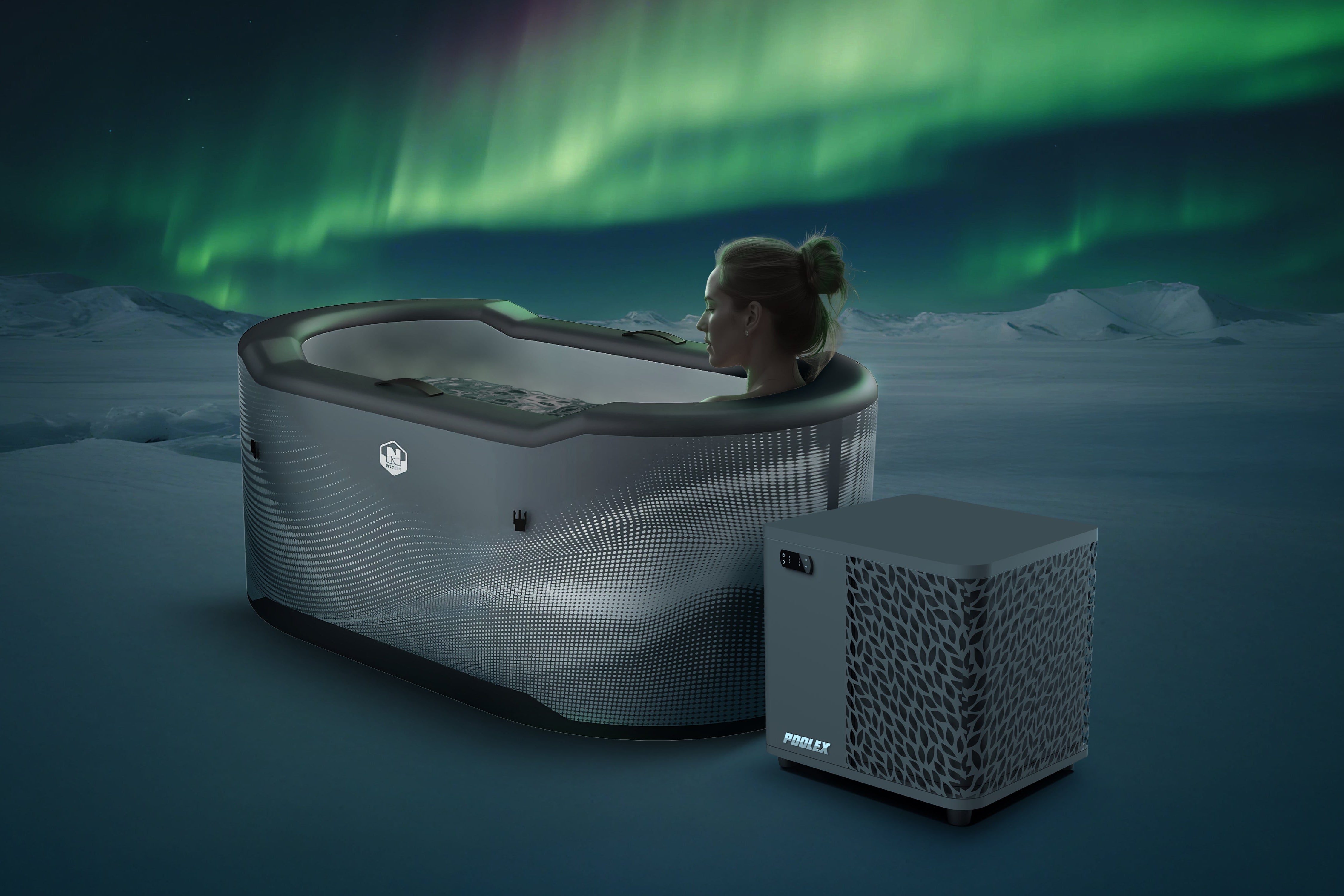
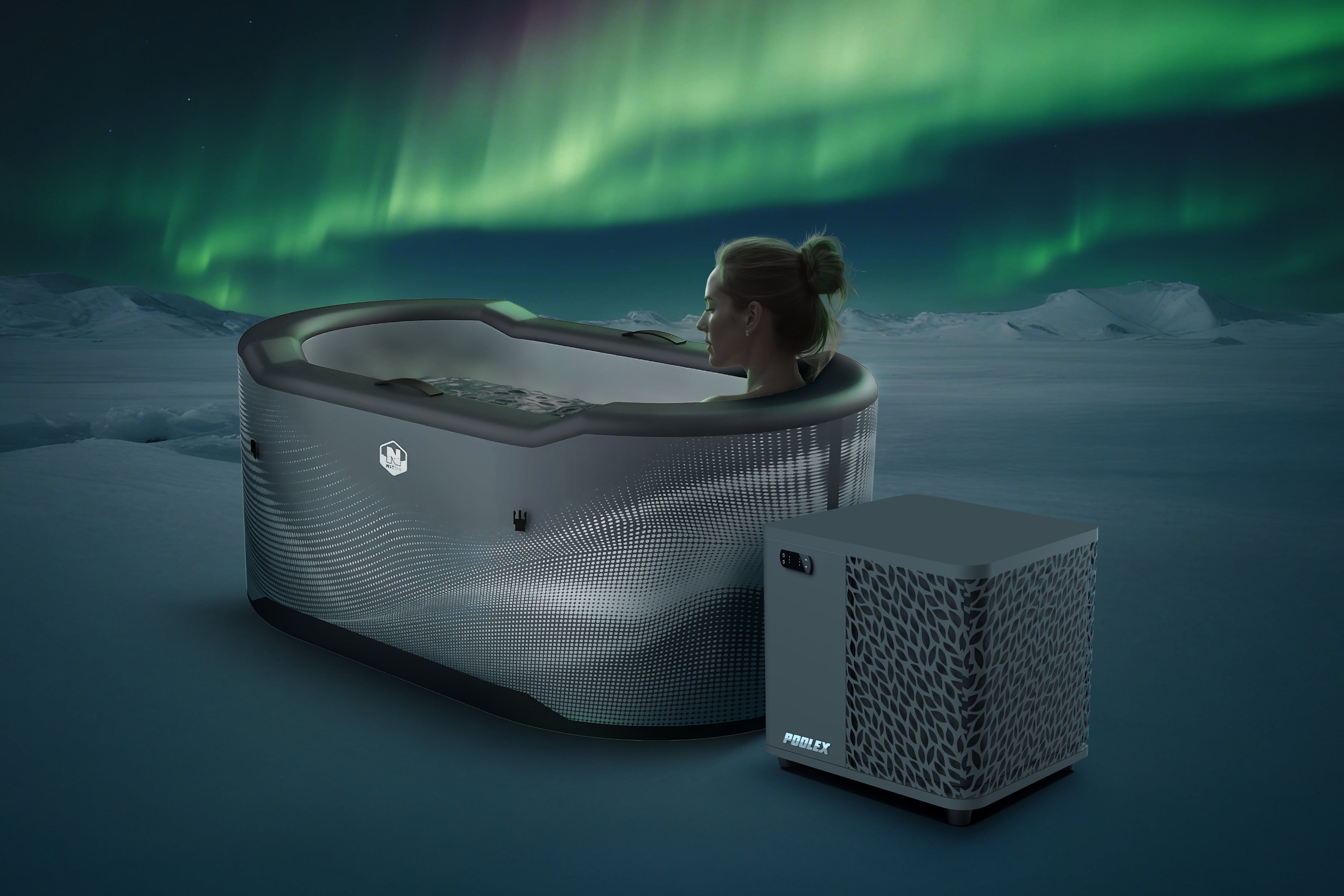
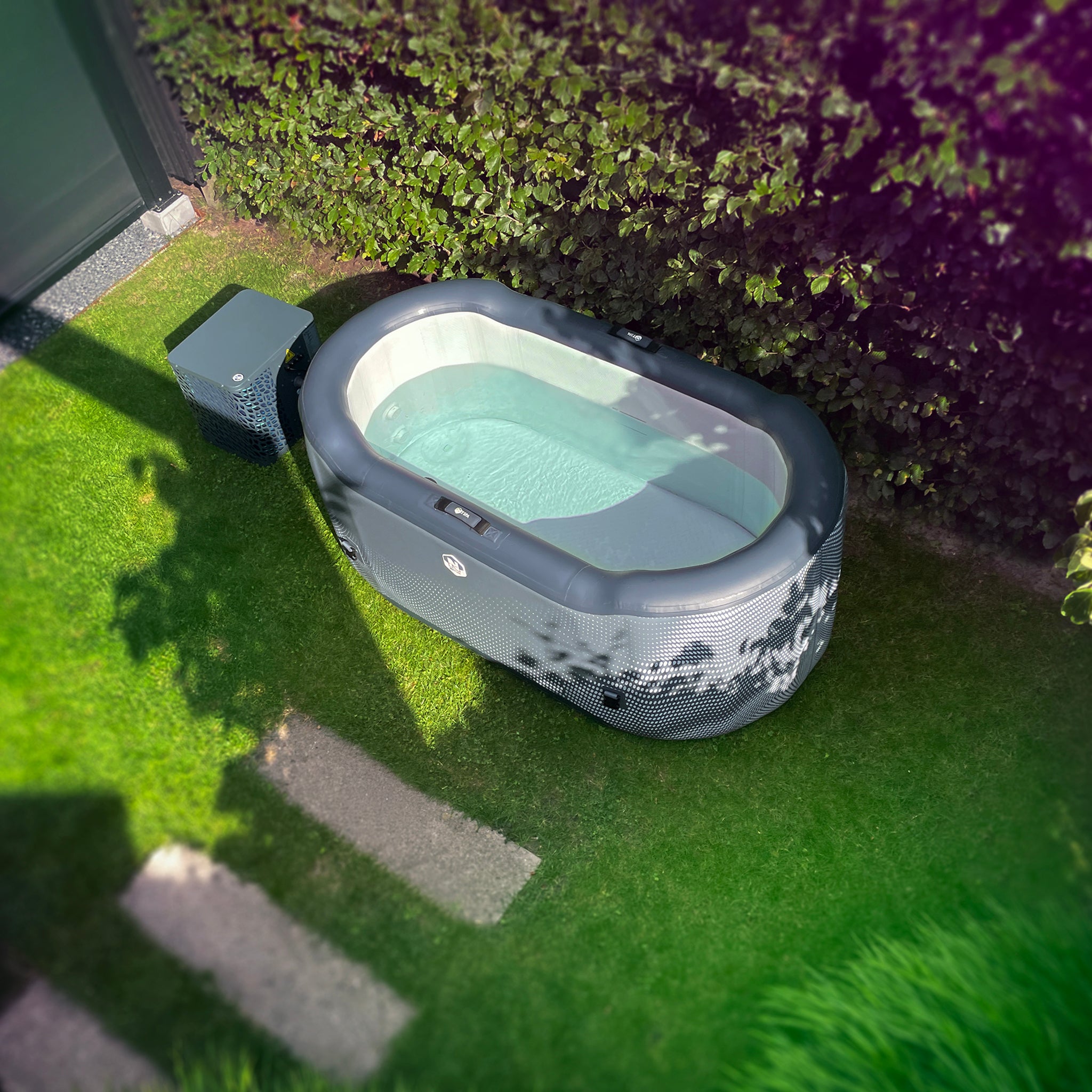
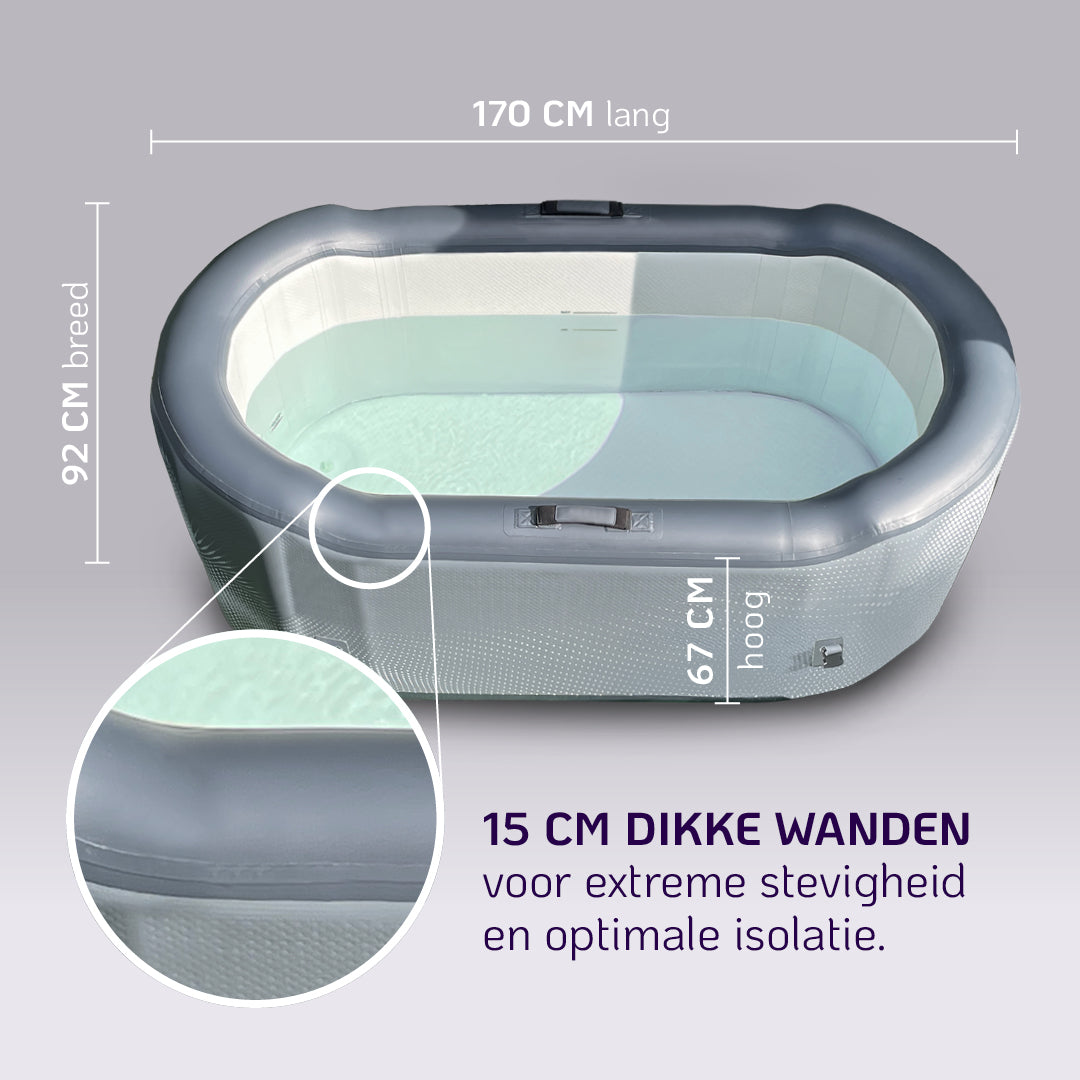

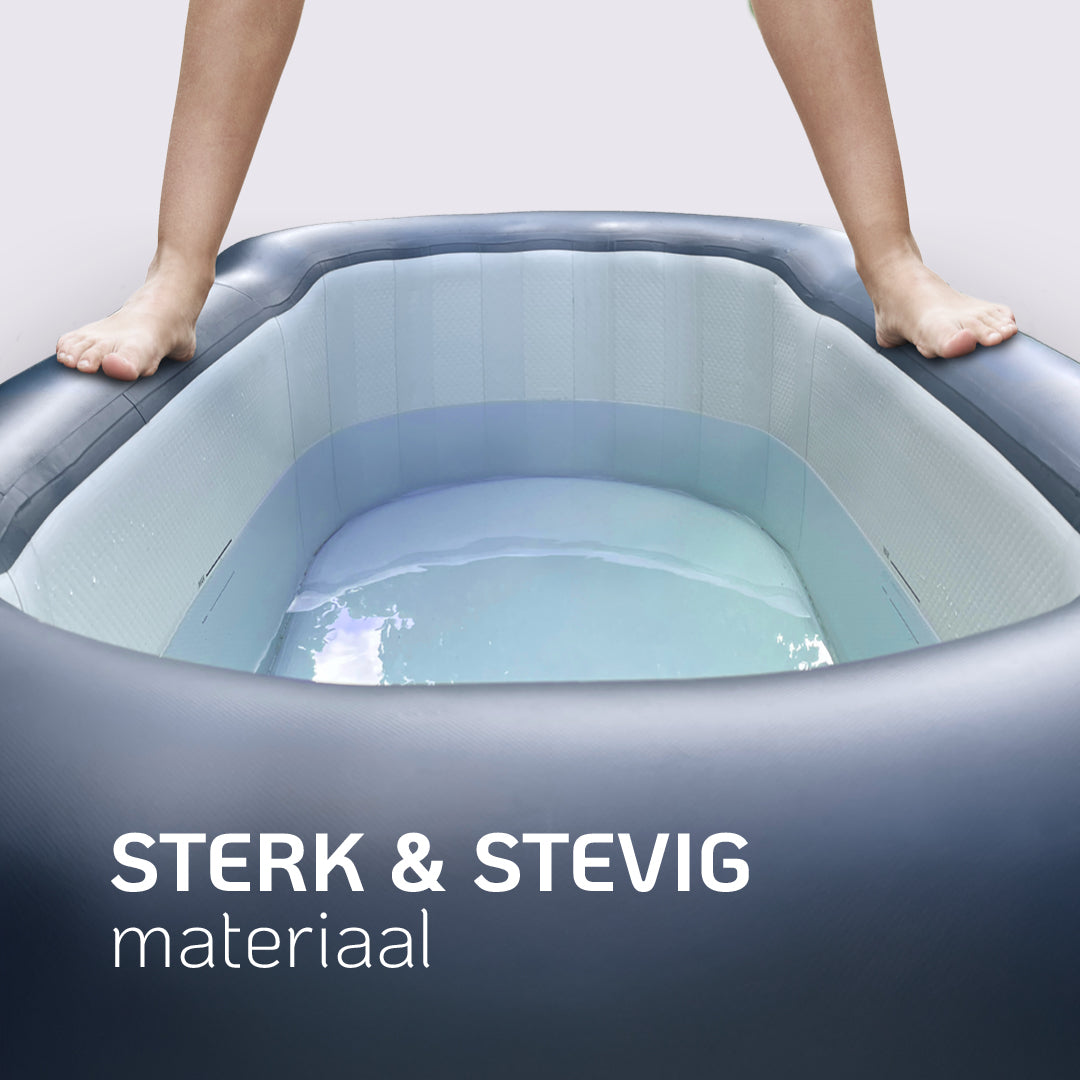

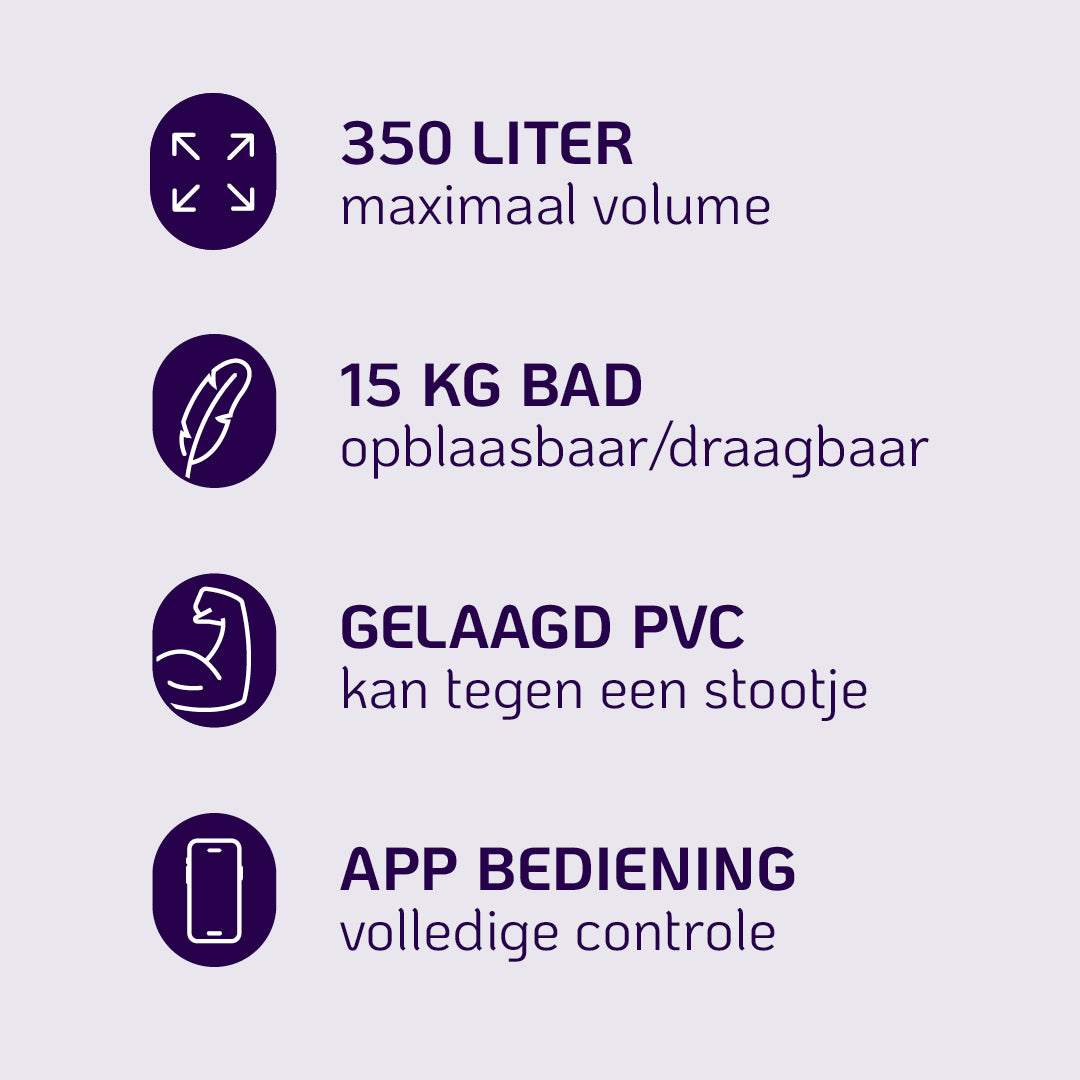
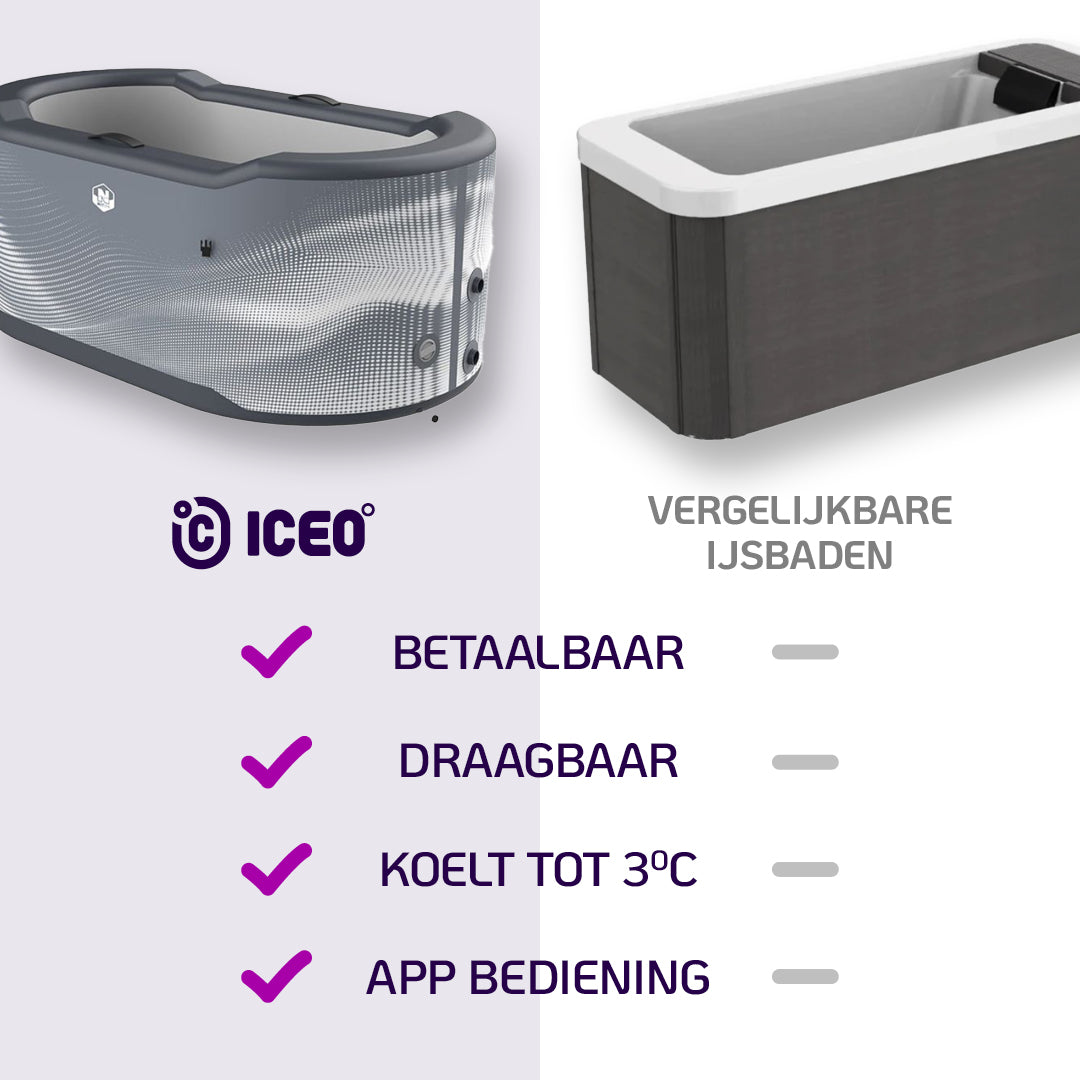

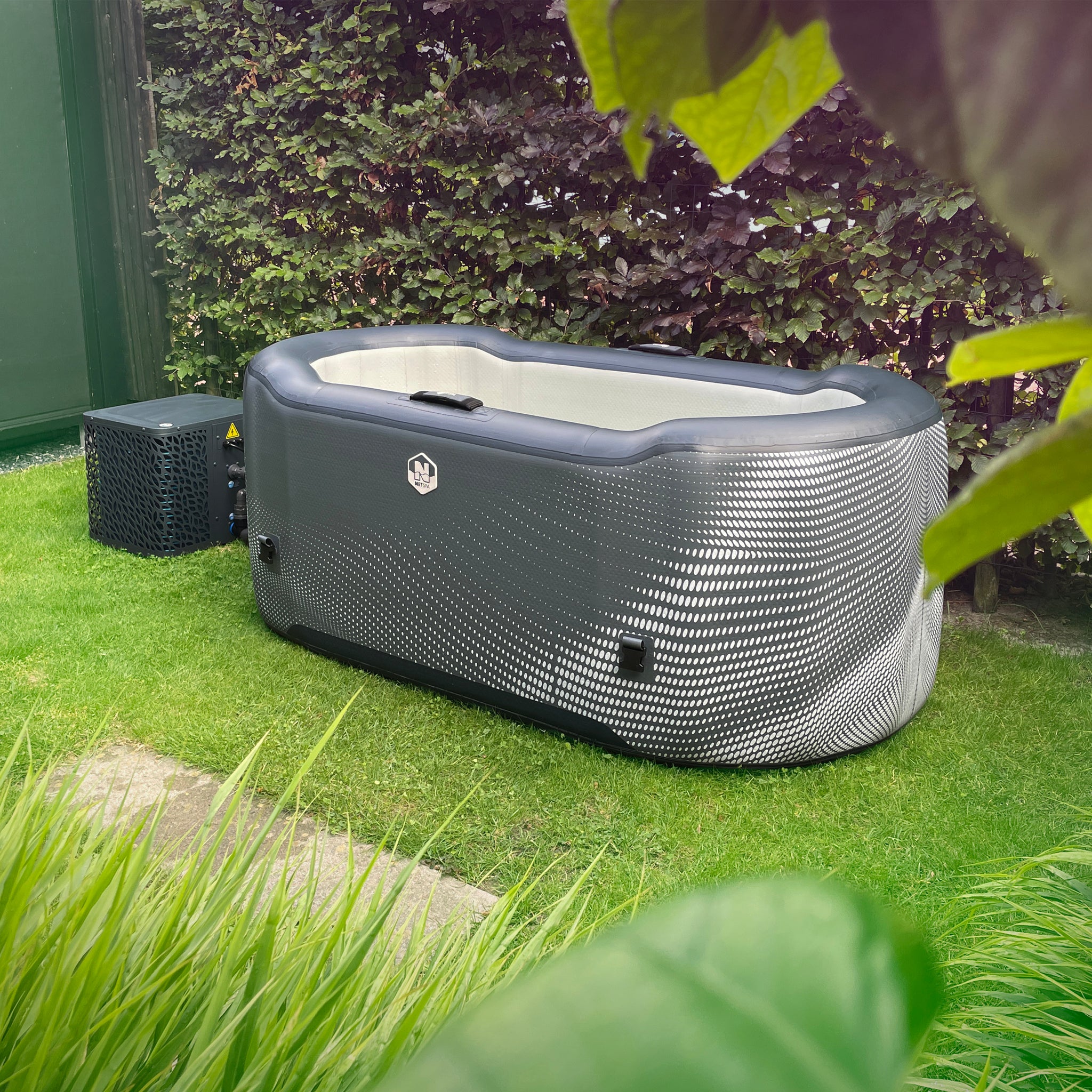
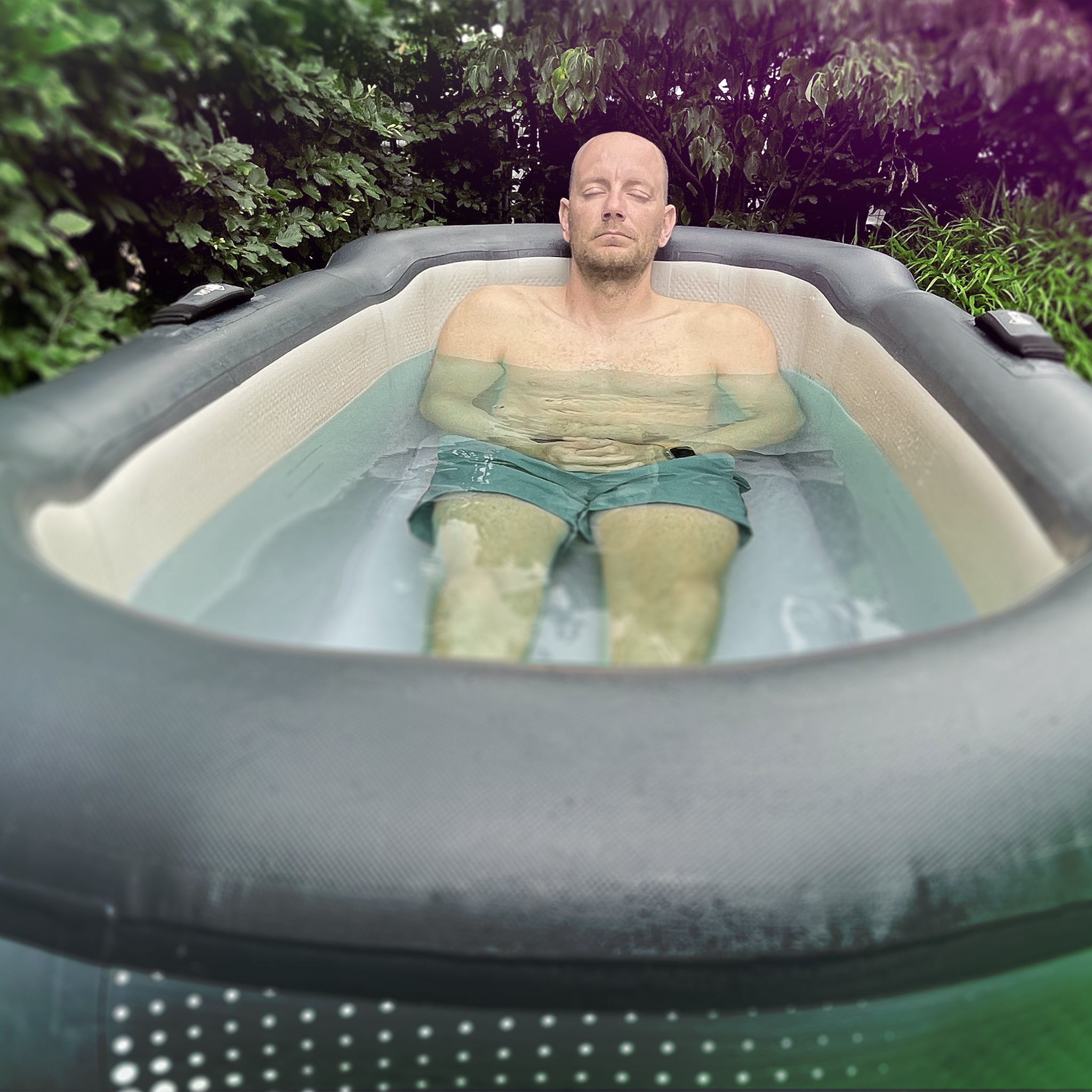

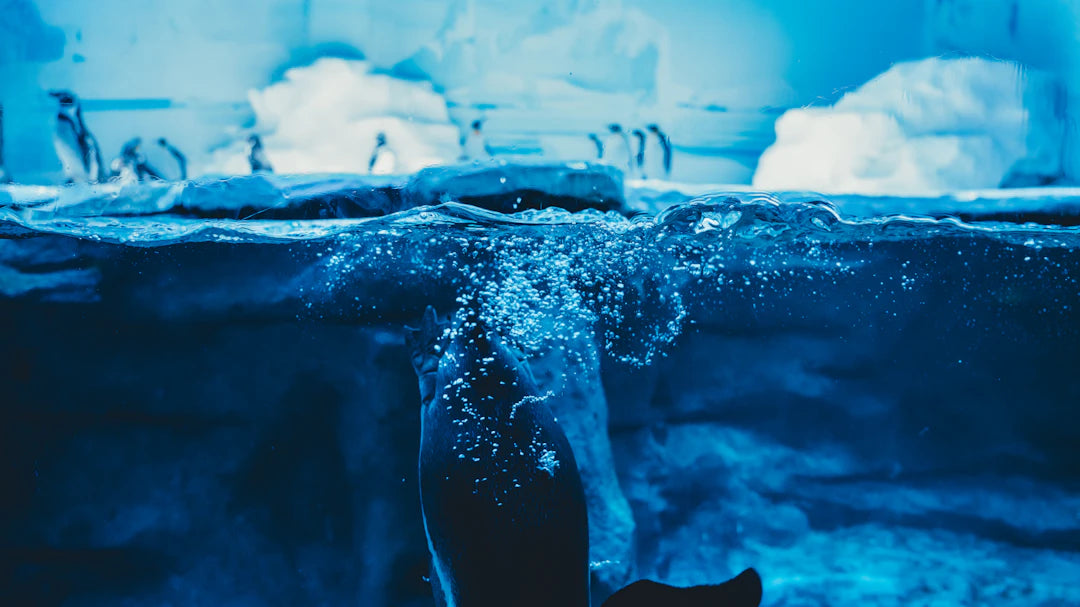
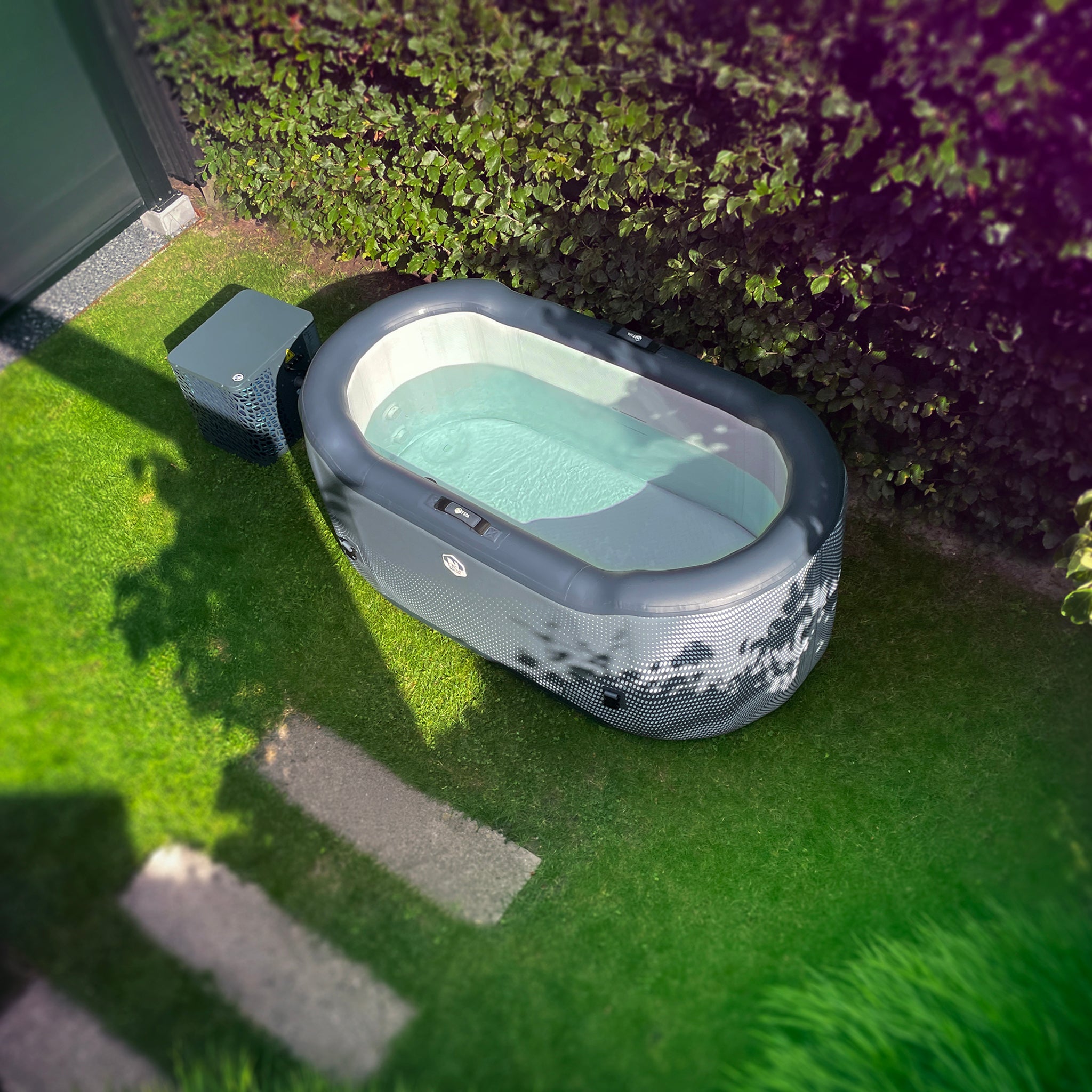

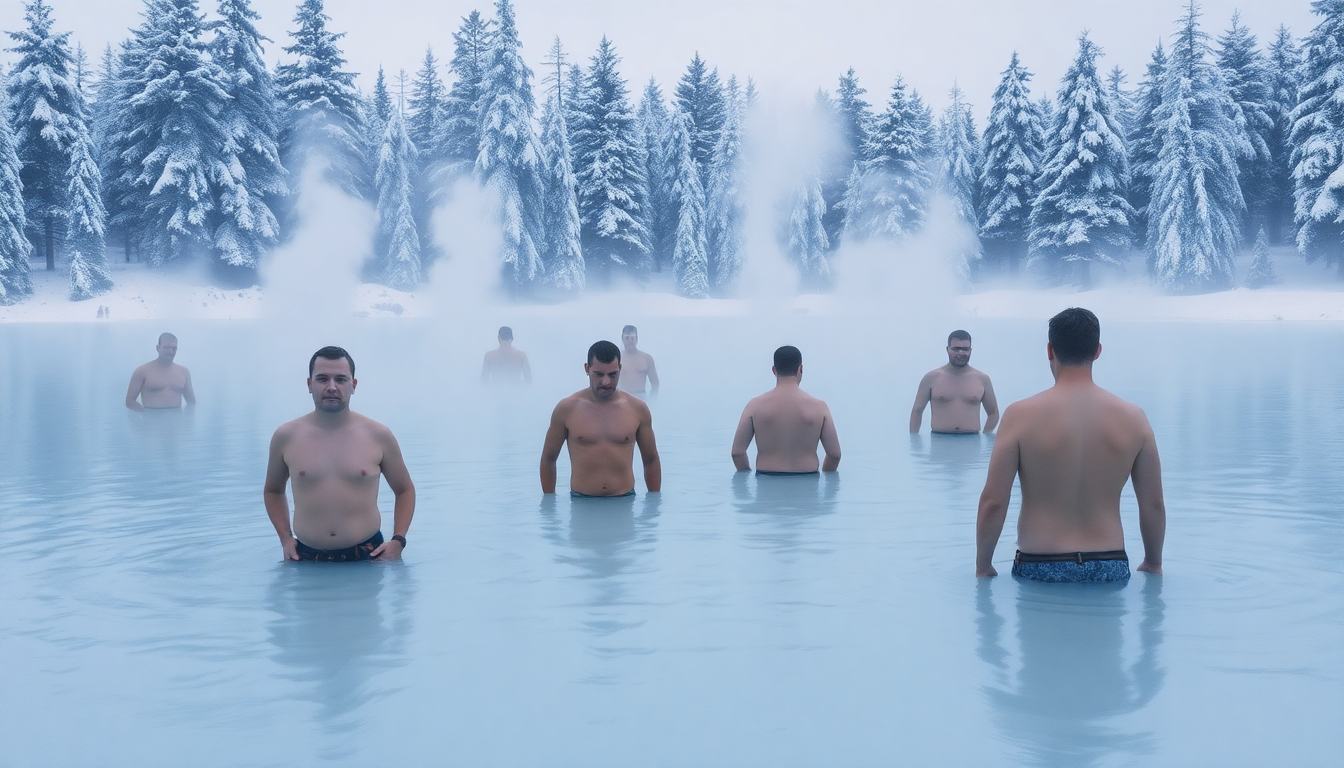
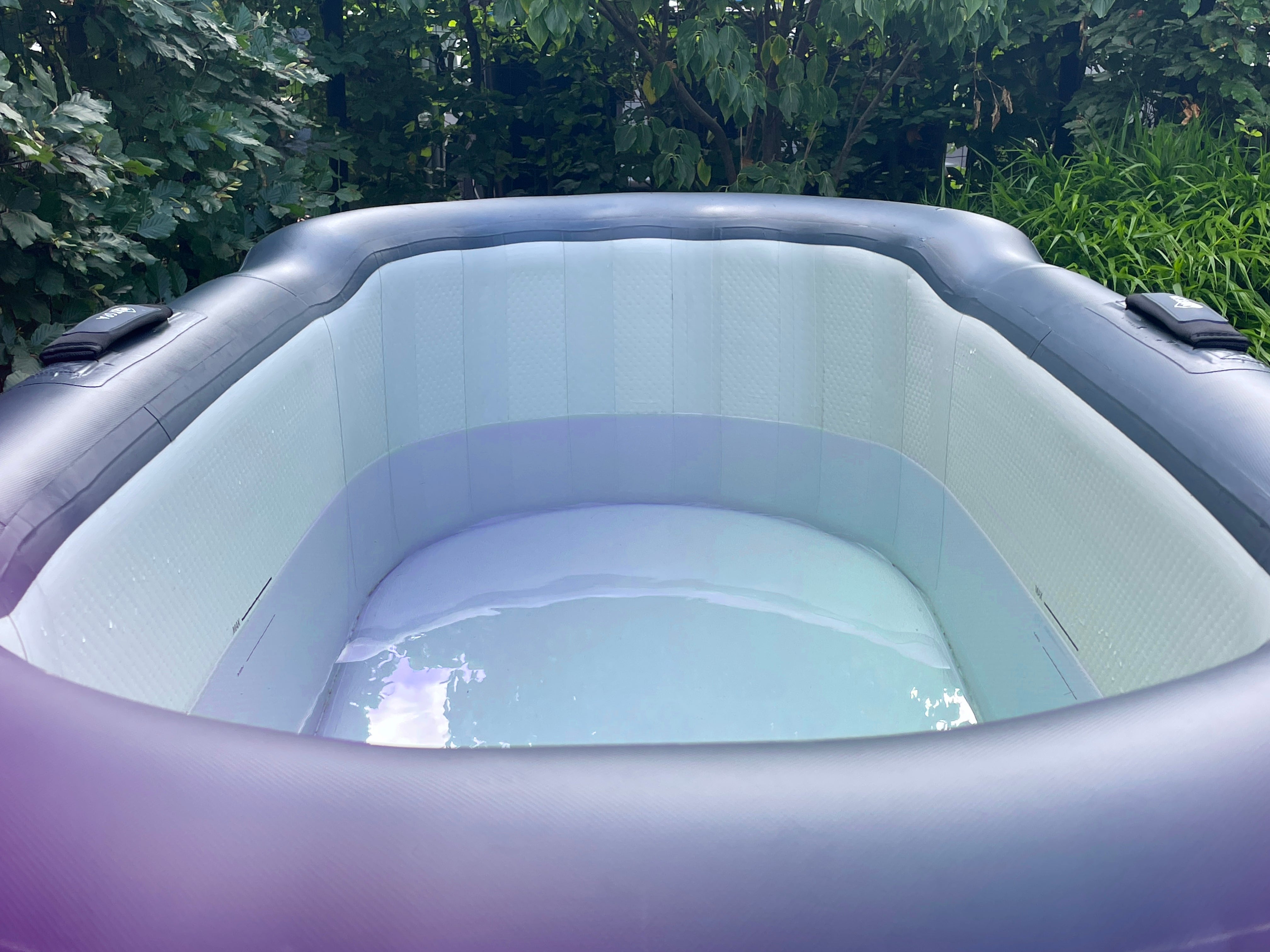
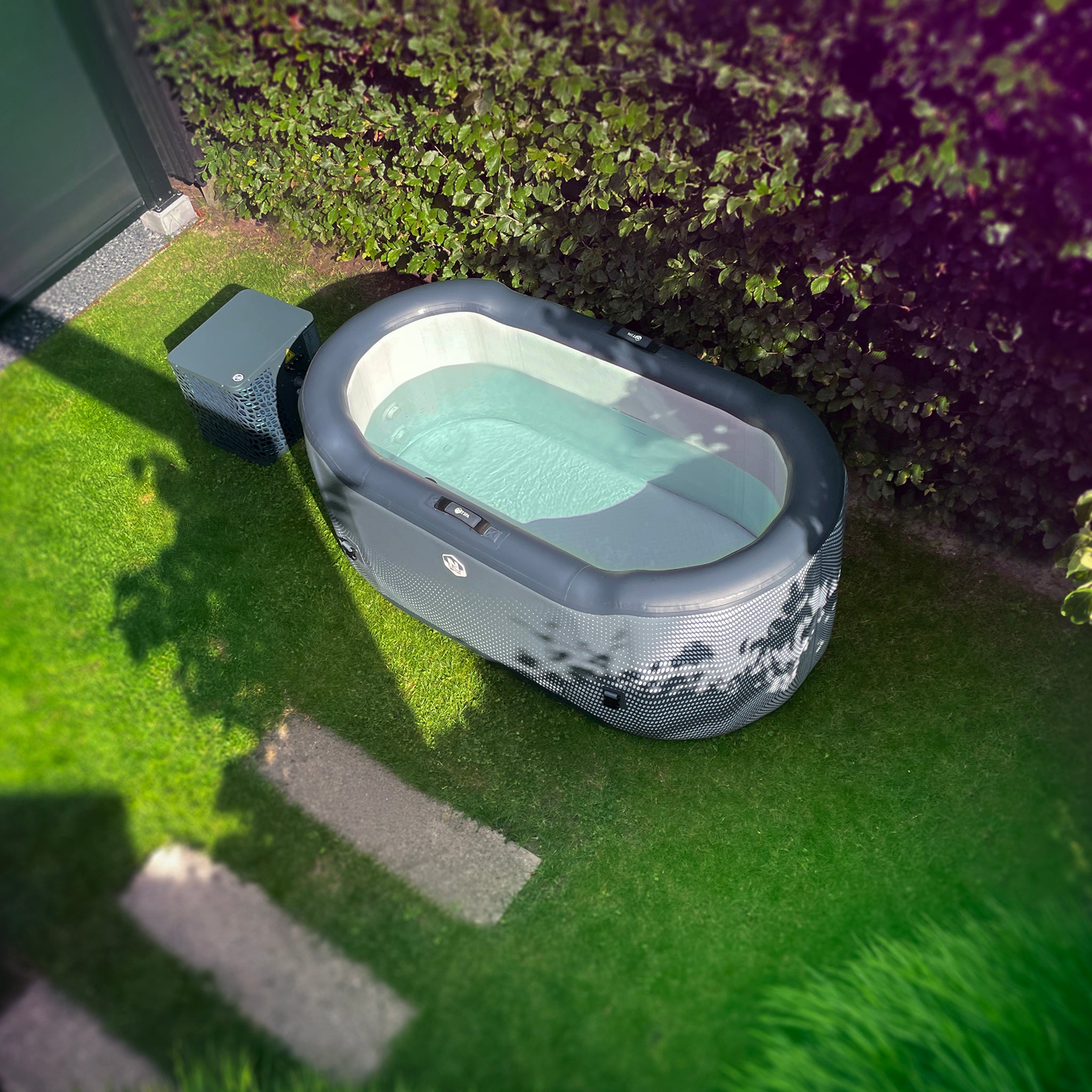

Share:
Is it wise to take a cold shower before sleeping?
Top 10 Health Benefits of Ice Baths